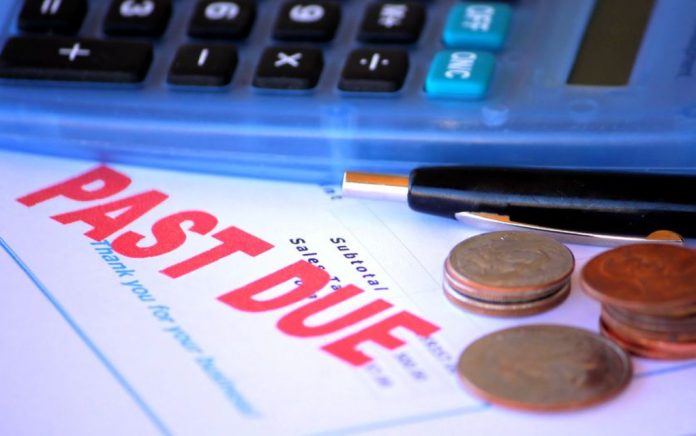Almost two-thirds of SMEs’ invoices in the last year were paid late, according to analysis of invoices sent by thousands of businesses.
FreeAgent looked at data across its 200,000 customer base and found that 62.6% of invoices were not settled on time.
Southall and Blackburn were the most affected areas, with 77.9% and 73.6% of invoices paid late.
The report said that even in areas where the fewest invoices have been paid late, “the figures are still alarming”.
Ipswich is the best area for timely payments, but 31.5% of invoices were settled beyond the due date.
Only three UK postcodes experienced a late payment rate of below 50%.
Late payment has long been an issue for small businesses. It costs the UK economy £11 billion each year.
A government consultation is currently seeking views on proposed legislative measures aimed at tackling the problem. It runs until 23 October.
Roan Lavery, CEO and co-founder of FreeAgent, said:
“Our figures highlight a serious and growing challenge for UK small businesses. When nearly two thirds of invoices are being paid late, it’s not just inconvenient, it’s a fundamental threat to business survival and growth.
“Late payments hit hardest at the very businesses that are driving our economy, making it harder for them to plan, invest, and meet their own obligations.
“While there is a consultation currently underway which intends to address some of these issues, it’s vital that we see action from both policymakers and the business community to create a culture of prompt payment and to support SMEs in embracing digital tools that can protect their cash flow.”
Emma Jones, Small Business Commissioner and SMEWeb columnist, added:
“These figures paint a bleak picture. We know that on average 38 businesses close everyday as a result of late payment – this isn’t just an inconvenience.
“I am working to address the issue of late payment through encouraging digital adoption due to the link between using software and getting paid on time, active promotion of the Fair Payment Code that showcases companies with good payment performance, and direct contact with companies against whom cases of late payment are being raised.
“Late payment is a complex issue, exacerbated by a challenging economic environment, and we are working on all the elements to try and get money moving faster to small firms.”
A separate survey by FreeAgent looked at the consequences of late and non-payment for small businesses.
Over a third of small businesses said they wait up to three months for outstanding invoices to be paid, and 43.1% reported having to write off money due to late or non-payment of invoices.
One in 10 have had to give up between £1,001 and £5,000.
On what can be done to tackle the issue, 49% believed the Fair Payment Code should be made mandatory for all businesses.

